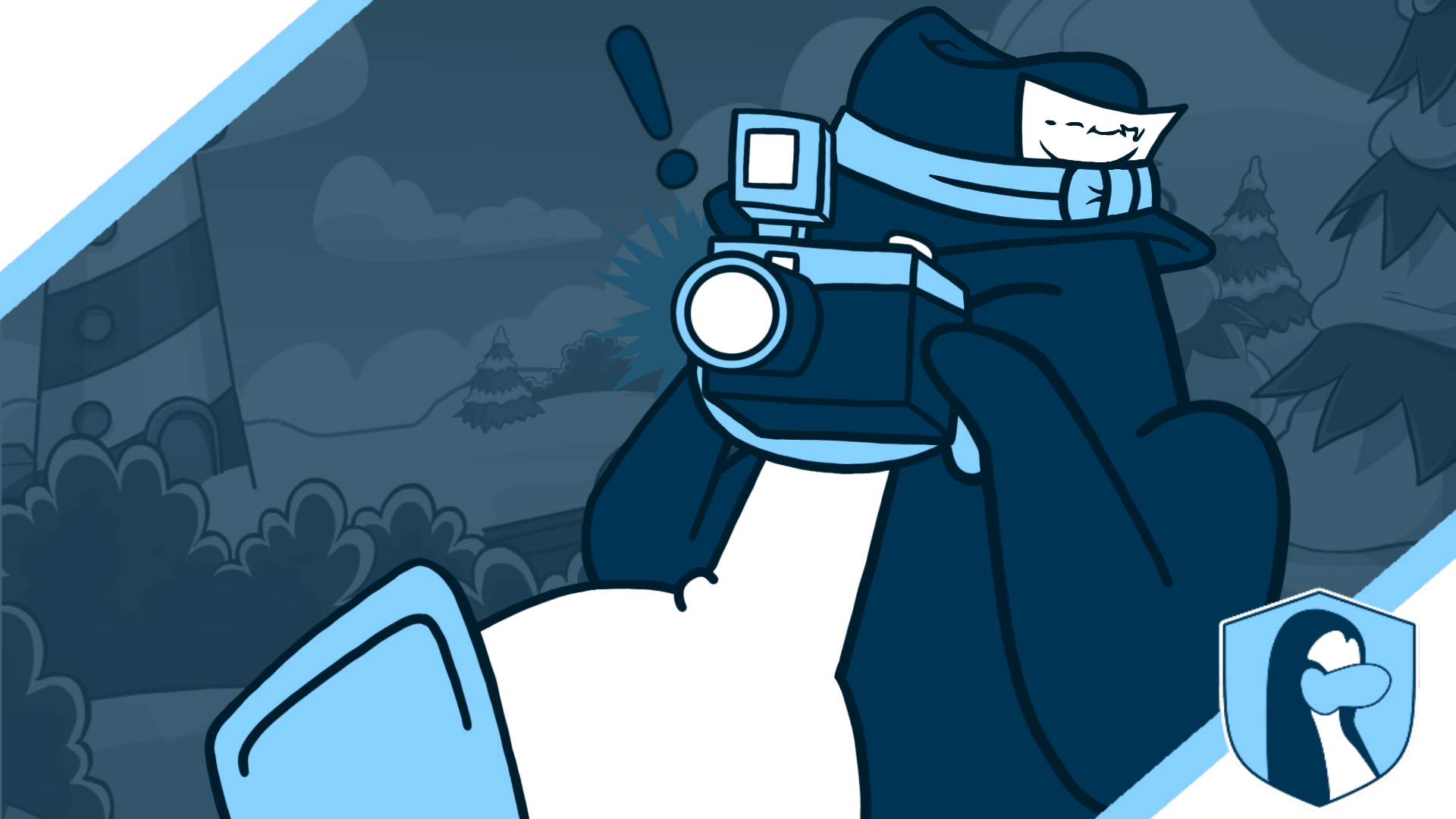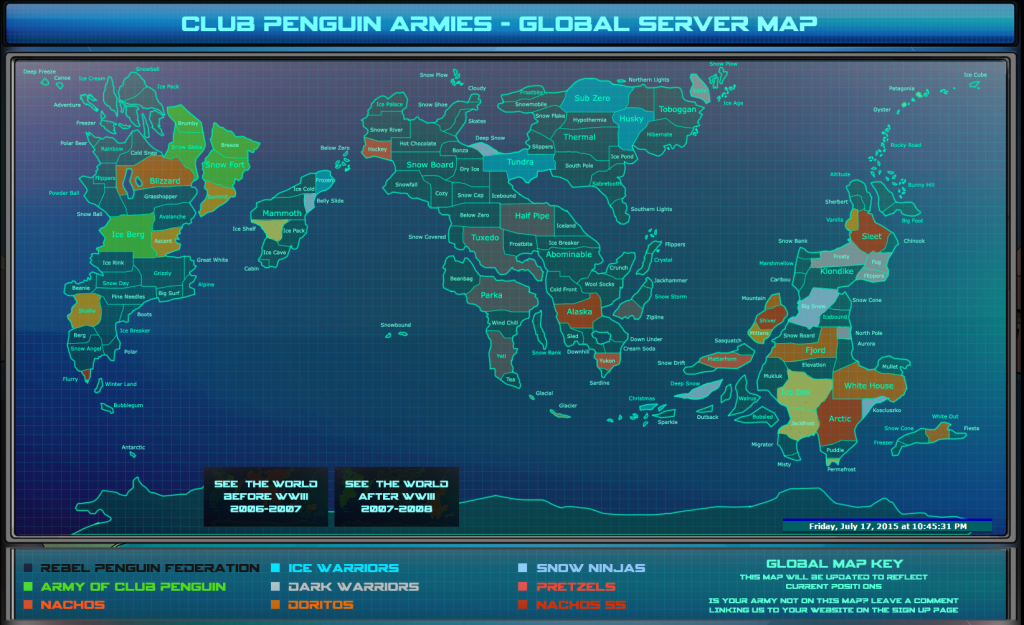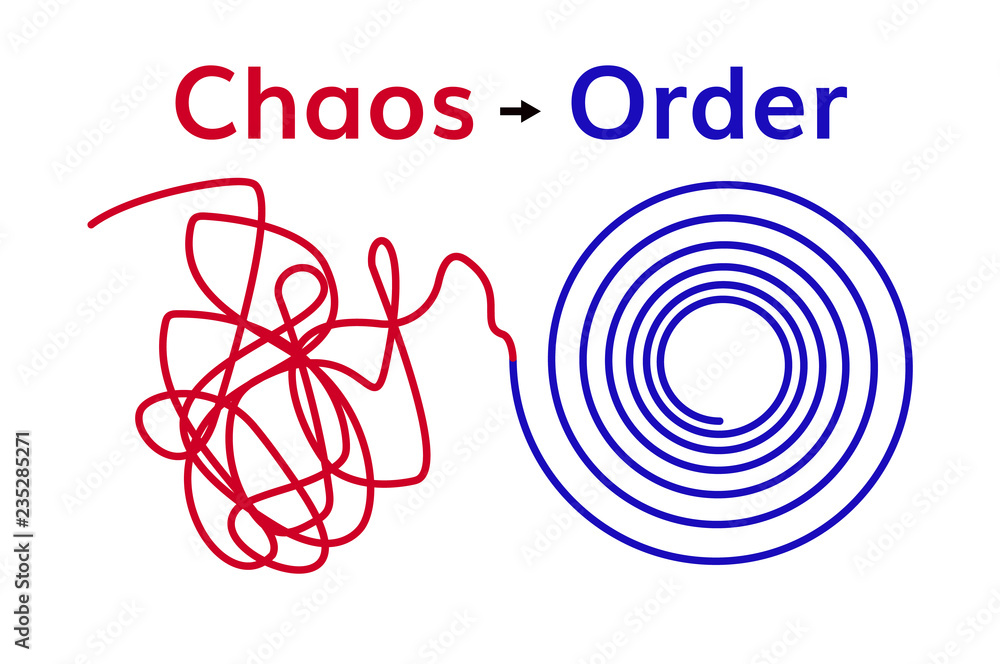Step into the pages of the fifth edition of Picture Perfect. In this week’s edition, we will deeply analyze the concept of order, and whether it should exist in a social group, even if it revolves around warfare.

Designed by Cassie
A single picture has the remarkable ability to convey a multitude of emotions, ideas, and messages in a single frame. Through the artful interplay of its elements, a picture can capture the essence of a moment, evoke profound emotions, and tell a complex story without the need for words. Thus, a picture transcends linguistic barriers, making it a universally accessible means of communication that can resonate with people on a personal level.
What is order? One may ask. For our intended purpose, ‘order’ can be defined as the straight arrangement of things, each occupying the place that suits it, or an intelligible relation established among a plurality of elements. Or even the regulation regarding the conduct of community members, aiming for the well-being of individuals and the smooth running of operations. Although these definitions are accurate and useful, this is all a mere dictionary can say. Therefore, I invite you, dear reader, to join me in analyzing what lies beneath the concept of order and whether it should exist in a community like ours.
ORDER AMIDST WARFARE

Commando717’s Global Server Map
On July 18, 2015, Major Army Legend Commando717, founder of the Rebel Penguin Federation, introduced the first Global Server Map in Club Penguin Armies, even though some unofficial drafts were previously proposed in the community. Prior to the introduction of the server map, the organizations that existed in the community were mostly media organizations. Notably, Club Penguin Armies Central and Small/Medium Armies Central stood out as the most prominent news hubs. These organizations hosted tournaments and delivered the latest army news, weekly Top Ten Armies rankings and statistics, philosophical articles, and discussions, similar to what Club Penguin Armies does nowadays.
It was only after the release of Commando’s server map that the rudiments of what we know as “Army Leagues“, with specific regulations and rules, began to emerge. What initially appeared to be an excellent idea eventually faced severe criticism from a community that is resistant to change (as is often the case), and its creator was often accused of bias. However, let us take a step back to properly comprehend this scenario. What led to the creation of the server map? In the words of Commando himself:
The fact that there isn’t any agreed upon server map, and the fact that due to the lack of said server map, [is the reason why] Club Penguin Armies are simply a collection of entities both claiming to have won a battle or a war. There really isn’t much to it, and it’s not very interesting by default. But I think, that issue is about to be over due to a project I’ve just completed and the events now occurring around it. (sic)
Upon considering the situation with its full context and implications, several questions come to mind. Why did the community seemingly disregard the project at first glance? Was the creation of the map truly necessary? Do the rules aid or hinder the development of armies? To seek answers to these questions, a journey into the realm of philosophy becomes necessary.
THE PHILOSOPHY OF ORDER

“Get ready, thinkers, we are about to embark on a crazy journey now”
The Universe is subordinated to an order, which manifests itself in a great variety of easily observed phenomena. For instance, the regularity of the movement of the stars, the phases of the moon, and the succession of seasons. No less admirable order is being revealed through scientific progress. For example, the interior of cells, and the composition of simple molecules. These bodies are subject to chemical and biological laws, as well as every existing body is bound to the physical laws. Neither the ‘chance’ invoked by materialists, nor total relativism, nor existentialist subjectivism, can explain the marvelous order reigning in the cosmos and living organisms. This is what we call the natural order.
On the other hand, human beings – rational and free – are subject to a moral order. Societies, when constituted, must obey an order based on human nature and the relationships between individuals, with a view to the common good. As the French writer Charles Beudant would say in his book entitled Le Droit Individuel et L’État (The Individual Rights and the State):
A society can be large and prosperous, despite the mistakes, even serious ones, in the sphere of the physical sciences: for a long time, for instance, the society believed that the Sun rotated around the Earth, what did not prevent humanity from recording glorious annals. On the contrary, if an error deviates a country from the moral and political order, it will be a total disaster: people who do not accept the discipline of principles end up suffering discipline from force sooner or later.

Order, order in court!
As a direct outcome of the natural order, there is the public order. Public order is the straight arrangement of a political society, in its institutions, based on certain precepts. These precepts aim for the full realization of the common good, without neglecting the fundamental rights of people. Those precepts manifest themselves in legal dispositions. For simplicity, let us call these legal dispositions ‘rules’. Therefore, rules must always aim at the common good. This is why public order can only be invoked to justify a certain rule when the common good to be achieved through a fair balance between freedom and authority is at stake.
CONCLUSION (or not)
Moving towards the conclusion, we can finally relate the philosophical concepts discussed to the matter at hand. Therefore, it is safe to affirm that order is present in nature, and, consequently, society needs order to peacefully exist. Order in the human world must exist to prevent our excesses and vices as individuals from damaging the common good. Human nature is inherently chaotic, and all of us, hopefully, strive against this tendency. However, this does not happen in the world of penguins that engage in warfare. Their nature is also inherently chaotic, and they do not want to contain it. Those penguins want to release their chaos on the battlefield, exterminate the opponent, and claim victory. War is a friend of chaos. And chaos is the direct opposite of order.

Server maps and league rules are undoubtedly a means of establishing order and regulation in warfare. However, it is important to highlight that even though these are devices of order enforcement, it does not mean that they should be bureaucratic. Bureaucracy is connected to a system of formal rules and procedures that can, in some cases, hinder efficiency or agility. Although order can be maintained through bureaucratic processes, it is not strictly dependent on bureaucracy, and it is possible to maintain order in other ways, such as through good organizational practices or efficient management systems. A year after the implementation of Commando’s Server Map, DrMatt, CPAC Editor-in-Chief, shared his thoughts on the map:
Server Maps are pointless nowadays since no one actually pays attention to them anymore. It seems that armies don’t necessarily care who wins or loses anymore. Armies could invade an army, but an army can’t actually die even if they don’t have any servers left. They’ll ignore the invasion or they’ll just keep logging on the server that they don’t have anymore. So thats another reason why server maps don’t necessarily work anymore.
Once again, the initial question is posed: should order exist in a social group that revolves around warfare? Or rather, is it even possible? Are server maps the true issue? Or the lack of roleplay armies often display? Do you think the league rules impose a bureaucratic process? If so, is there a way to evade bureaucracy in the scenario we are in? Should we return to the primitive state of our community? Many questions begin to arise. However, it is not our purpose to conclusively answer them. The seeds of discussion have been sown, and it is up to our community to debate this matter.